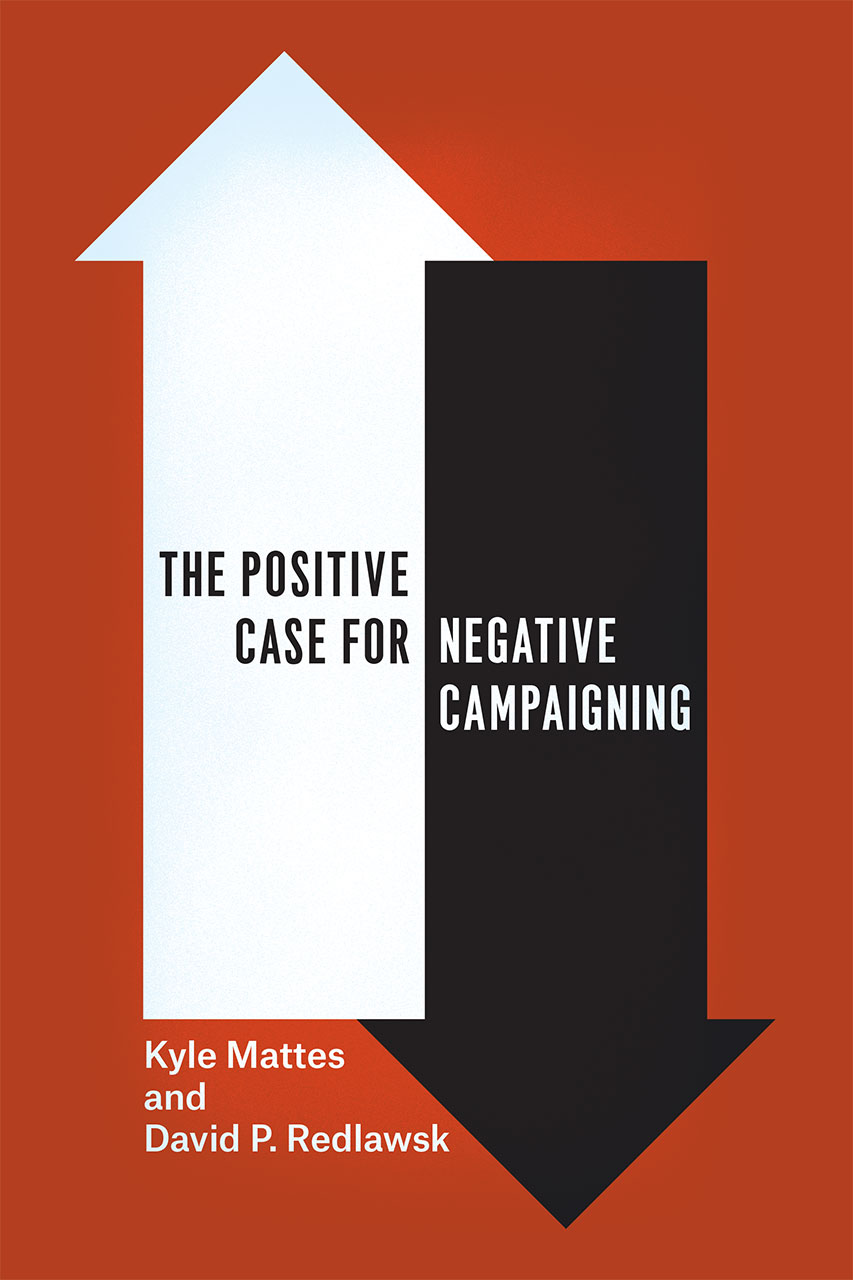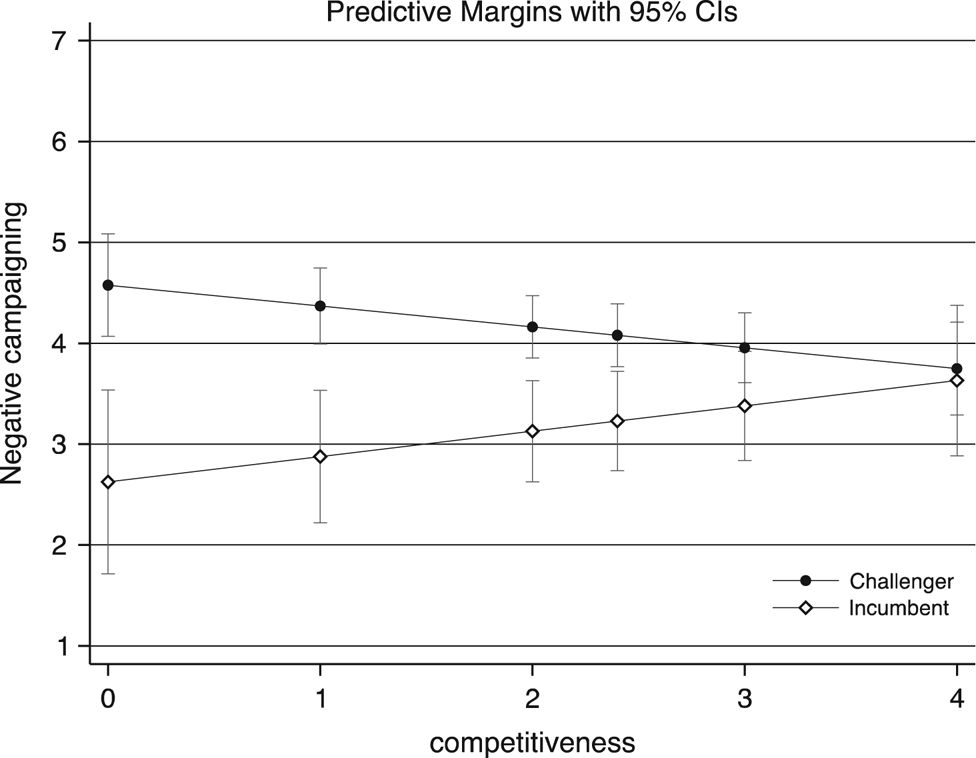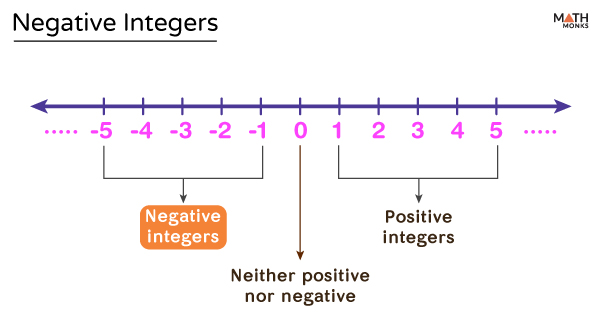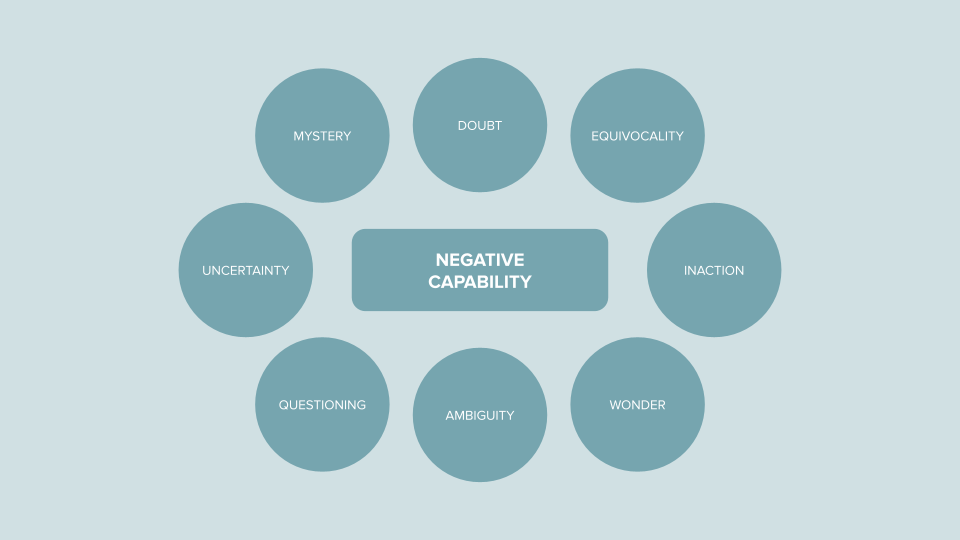
Turn on the television or sign in to social media during election season and chances are you’ll see plenty of negative campaigning. For decades, conventional wisdom has held that Americans hate negativity in political advertising, and some have even argued that its pervasiveness in recent seasons has helped to drive down voter turnout. Arguing against this commonly held view, Kyle Mattes and David P. Redlawsk show not only that some negativity is accepted by voters as part of the political process, but that negative advertising is necessary to convey valuable information that would not otherwise be revealed. The most comprehensive treatment of negative campaigning to date, The Positive Case for Negative Campaigning uses models, surveys, and experiments to show that much of the seeming dislike of negative campaigning can be explained by the way survey questions have been worded. By failing to distinguish between baseless and credible attacks, surveys fail to capture differences in voters’ receptivity. Voters’ responses, the authors argue, vary greatly and can be better explained by the content and believability of the ads than by whether the ads are negative. Mattes and Redlawsk continue on to establish how voters make use of negative information and why it is necessary. Many voters are politically naïve and unlikely to make inferences about candidates’ positions or traits, so the ability of candidates to go on the attack and focus explicitly on information that would not otherwise be available is crucial to voter education.

The Positive Case for Negative Campaigning (Dave Redlawsk at Eagleton Institute)

خرید و قیمت دانلود کتاب In Defense of Negativity: Attack Ads in Presidential Campaigns (Studies in Communication, Media, and Public Opinion) - بلیان
Used Book in Good Condition Highlight, take notes, and search in the book

How Voters Decide: Information Processing in Election Campaigns (Cambridge Studies in Public Opinion and Political Psychology)

David Redlawsk, Professor and Chair, Political Science Political Science and International Relations, Media Expert
Highlight, take notes, and search in the book

The Positive Case for Negative Campaigning

Fighting Fire with Fire: The Implications of (Not) Going Negative in a Multiparty Election Campaign, Canadian Journal of Political Science/Revue canadienne de science politique

Going Negative, Worldwide: Towards a General Understanding of Determinants and Targets of Negative Campaigning, Government and Opposition

楽天ブックス: The Positive Case for Negative Campaigning - Kyle Mattes - 9780226202167 : 洋書

PDF) Positive Spillovers from Negative Campaigning

The emotional valence of candidate ratings in televised debates

Negative Political Communication on Social Media and the Gender Gap: A Study of Men's and Women's Reactions to Presidential Candidate Attacks on Facebook in 2012 and 2016, Politics & Gender

PDF] Reprehensible, Laughable: The Role of Contempt in Negative Campaigning

Vote as you Think: Determinants of Consistent Decision Making in Direct Democracy - Lanz - 2015 - Swiss Political Science Review - Wiley Online Library

New Perspectives on Negative Campaigning: Why Attack Politics Matters: Nai, Alessandro Dr, Walter, Annemarie: 9781785521287: : Books

Exploring the slippery slope of negative campaigning
:max_bytes(150000):strip_icc()/negative-interest-rate.asp-final-c164bcf95fcc484d9af74ee785c8f040.png)






